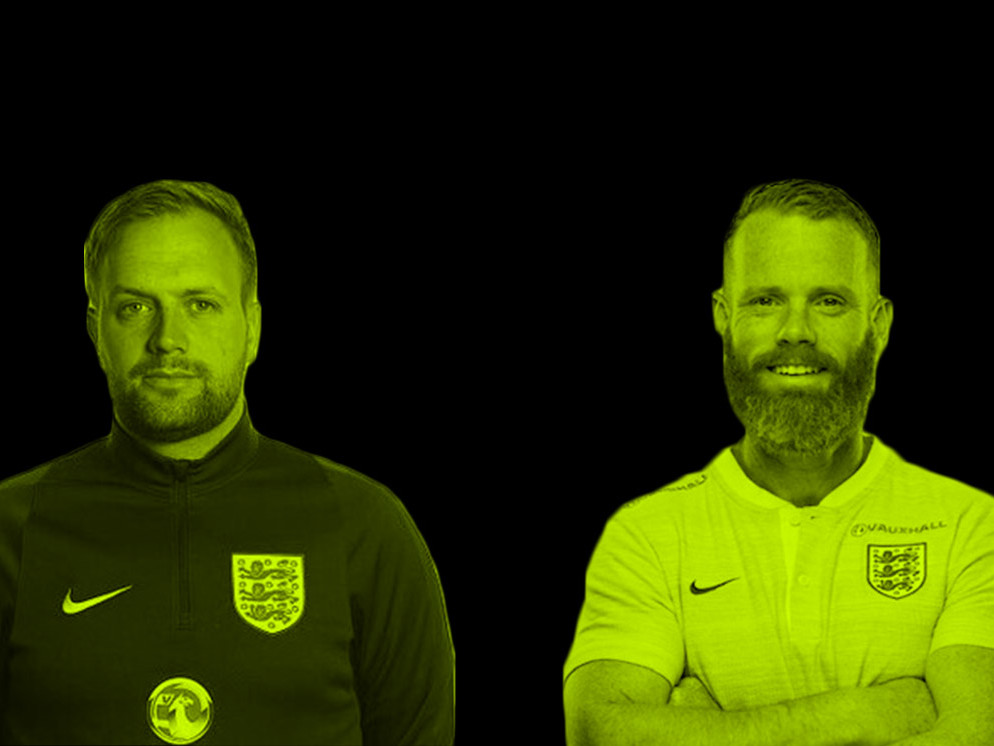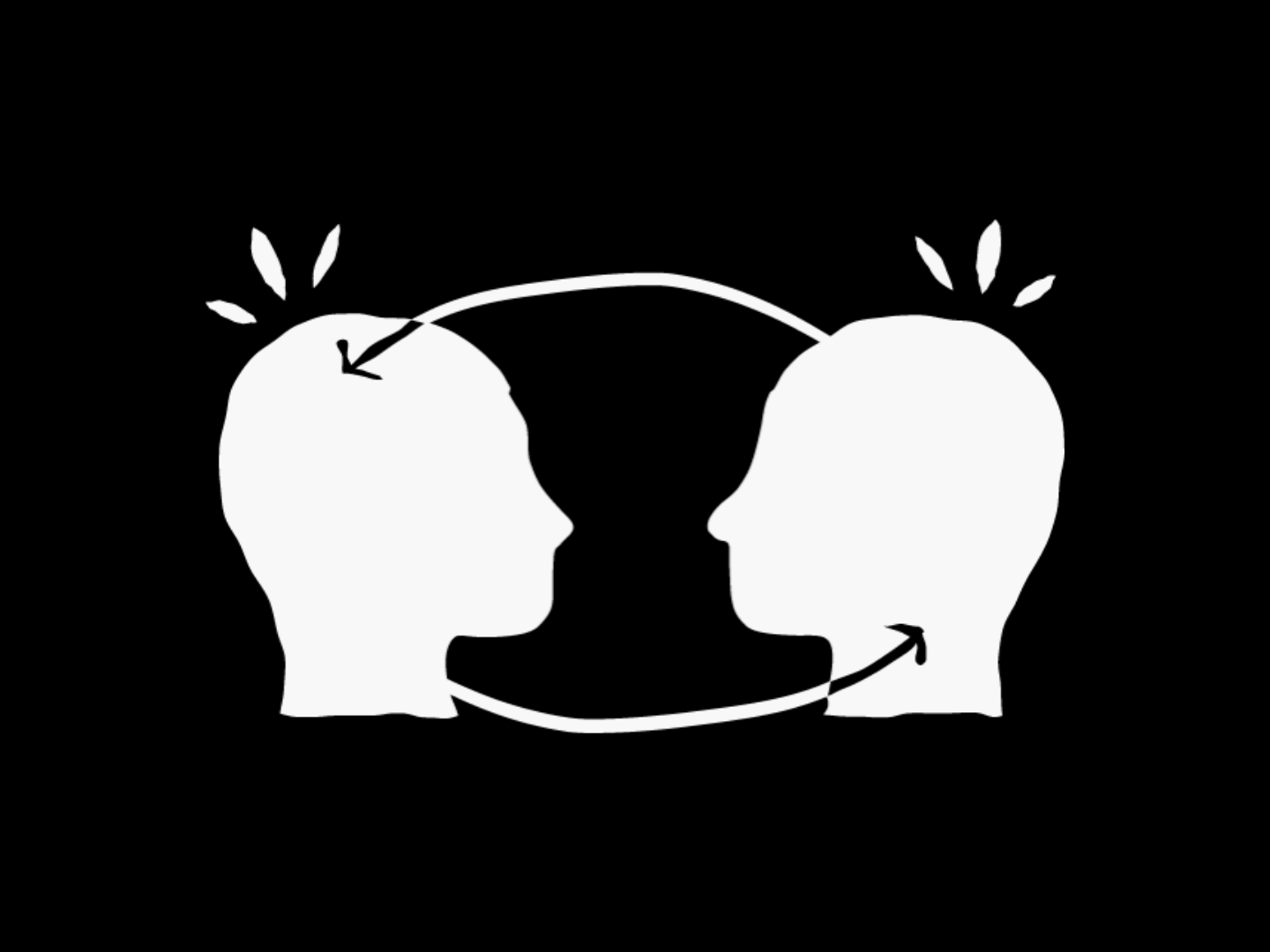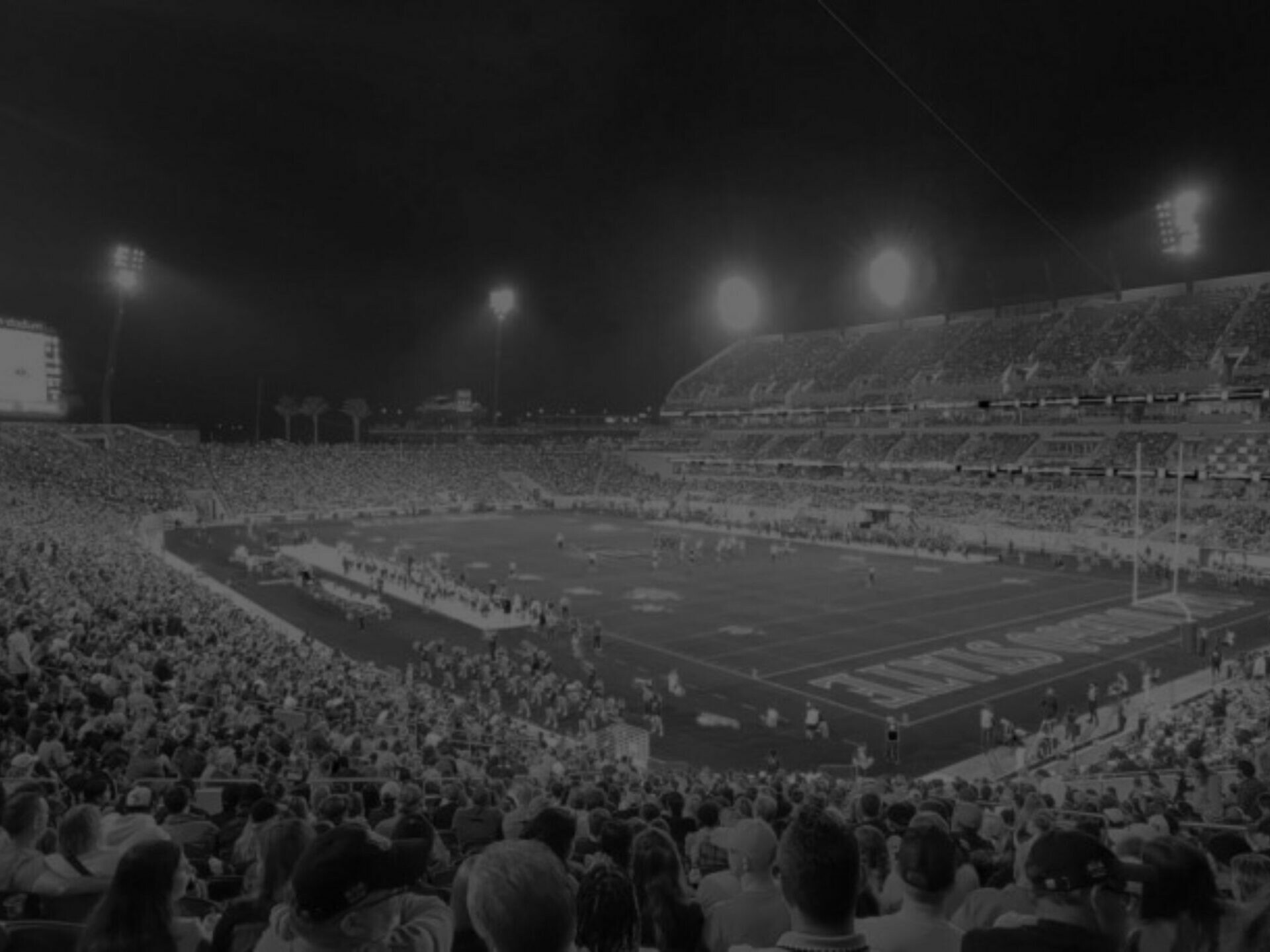By John Portch. This article was first published on Leaders in Sport on 9 November 2020.
“Is the next evolution in high performance sport towards a more generalist model?”
That was the opening question posed by host Mo Bobat, the Performance Director at the England & Wales Cricket Board [ECB] at this Elite Performance Partners [EPP] webinar, which explored the rise of the specialist-generalist in high performance frameworks.
EPP, a search, selection and advisory firm working across elite sport and specialising in performance, feel that this shift preceded the pandemic, but is it set to continue and is it the advisable way forward?
“We believe the specialist-generalist model is the best way to develop the leadership capabilities of organisations,” said Dave Slemen, Founding Partner at EPP.
Joining Bobat and Slemen were Bryce Cavanagh and Aaron Danks, who serve as the Head of Physical Performance and the Assistant Coach of the men’s Under-21s at the Football Association respectively, and 150 attendees drawn from members of the Leaders Performance Institute as well as a selection of high performance practitioners from across the globe.
Here, we explore the main questions raised on the day and consider the implications of moving towards a specialist-generalist model.
What is a ‘specialist-generalist’?
Let’s clear one thing up: high performance sport is not discarding specialist expertise. Rather, in these straitened times, as budgets and staff numbers are reduced, organisations will welcome those T-shaped practitioners with breadth of experience and depth of expertise. Slemen says: “The people who are best placed to break through the ceiling from practitioner to leadership have gained a number of transferable, softer skills and experiences along the way.”
Why would a specialist-generalist make a good leader?
“I’d suggest it’s people who have been in more places and have more skills and can see through more lenses,” says Slemen. “That’s why the specialist-generalist model is the best way to develop the leadership capabilities of organisations.”
Does this trend towards specialist-generalists pre-date the pandemic?
While, the pandemic has proven to be an accelerant, the sports industry was already moving in that direction, given the aforementioned leadership implications. “Some would argue the changes we’re seeing are long overdue,” says Slemen. “Practitioners in the early part of their careers are they’re gaining breadth earlier,” he adds, “not only the experience of the environment but technical capability.”
How is this changing how teams hire their staff?
“We’re seeing analysts that want to be coaches as well,” says Slemen, “because if you’re going to do that work for the coach you probably want to have a decent feel as to what it is to be a coach as well. We’d argue that it’s more useful to have a second type of breadth that comes with slightly less depth in your first specialism. By having experience in other areas, it means you don’t only experience the world with one lens and, equally, clients are starting to hire for this as well.”
What are some of the concerns practitioners share with the current model of specialists?
Cavanagh illustrates the risk of what he calls ‘cognitive entrenchment’. “We’ve been blindly participating in a bit of an arm’s race,” he says. “The ability for a generalist-specialist to not only have empathy but an understanding and experience of different facets allows us to collaborate or complement each other. The more we go down the route of specialisms, the more we risk ending up with only one tool.”
There are potential implications for athletes too. “We talk in cricket a lot about wanting to develop independent cricketers,” says Bobat. “Yet wrap specialists around them and there’s an element of them becoming dependent on that support.”
So turning to specialist-generalists can help to optimise your performance environment?
“The answer for me is that you have to create an environment that enables learning and development beyond the academy,” says Slemen.
“I think it’s important to create immersive experiences within the current world or the current job that they have,” says Cavanagh. “It can be an experience-based thing that you provide support or a mentor in that space.”
“We need to be creative about what that looks like,” adds Danks. “For example, we trained all of our coaches to become analysts. So they took responsibility for a lot of the video clipping and element of the analysis side. It meant our analysts themselves could do a little bit more around the data and the metrics.”
Cavanagh is of a similar mind: “We look for someone who can be a generalist with a more holistic view in camp or in a tournament where we can’t afford to bring specialist staff, but that they bring a specialism off camp.”
What if that specialist expertise is no longer in the building?
Then there could be opportunities for consultants, or what Bobat calls ‘super specialists’. He says: “It might be that they want to maintain that discreet impact that they can have in a sport; and they might do a set number of days with one team and then another team; they come in and have value impact in an acute area.”
Slemen concurs. “Often, as you get more senior, you quite like a portfolio-type career,” he says. However, “you have to be somebody that can earn or develop trust quickly, as you’re not truly a part of the team.”
Might a training field of specialists be preferable, though?
That will depend on your specific context and will be an outcome of clear, decisive leadership. Danks says: “It’s sometimes easier when there’s less of you, but that’s not necessarily the best; and there’s a difference between easy and best.
“The biggest advantage of a larger coaching group is actually noticing skills; we notice more and weigh up more what’s going on in the sessions and the games. When you’re on your own you miss so much; just having that humility as a coach to go and say having someone beside me who’s noticing something different or the role and responsibility of noticing something different had a big impact on me and the way I worked. That means being clear about roles and responsibilities in the planning phase.”
“There’s been times where you have a gut feeling that there’s too many staff around and there’s also times where you say we haven’t got enough staff or resources,” says Bobat. “You can have too big a management team and you can have social loafing, but equally, you can get the opposite and people hunt and look for work; the danger there is that it’s all well-intended but you start creating complexity and silos.”
Is it really a choice between specialists and specialist-generalists?
No. As Slemen says, “‘generalist’ sounds a bit derogatory; specialist, you’re special, generalist, you’re not – the people who are the best are both. They might be a specialist-generalist because they’ve got an ability across more than one specialism, but it’s also when a person is able to interact with others, their emotional intelligence, their empathy – those are the sort of skills that will be seen as generalist but are arguably the most important and difficult skills to develop.”
“You’re always going to have discreet functions,” says Cavanagh, “but it’s when you start adding multiples within those functions that the generalist becomes more valuable, or you’ve got a constraint like financial or human resource, where you can only have one person in that space. The generalist becomes more valuable.”
In summary, EPP call these specialist-generalists ‘comb-shaped’ in recognition of their technical specialisms – their ‘major’ and ‘minors’, to use an analogy from the US university system – and for the breadth they bring in terms of experience, environment and through their ‘softer’ skills. Comb-shaped practitioners not only learn their trade but seek that strong understanding of other areas.”
Related Posts
Building high-performance environments off the pitch in elite sport
September 28, 2023
0 Comments8 Minutes





